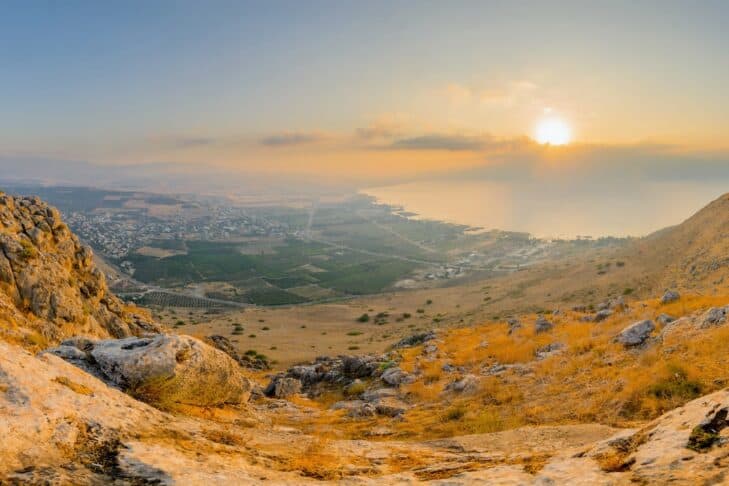On the early morning of Shabbat, Oct. 7, I was still basking in the joy of my congregation’s successful Simchat Torah evening, when we danced with the scrolls, happily holding the Torah, happy to have it a part of our lives. I was polishing my speech for that night, a speech I was asked to deliver in the 37th week of the pro-democracy protests.
Going back to what I wrote then, before the world so dramatically changed, I see I referred to the slogan of the Israeli Reform Movement: Defending Democracy in the Name of Judaism. I was going to say that we all need to defend Judaism. That we should stick with and fight to protect our pluralistic, liberal, accepting Judaism against the racist, misogynistic, brutal, violent and lordly Judaism that gained so much political power during the past year. That we should unite to defend “Beautiful Israel” and solicit the support of Diaspora Jews to protect our Jewish values against the dark wave of a Judaism that developed and flourished in the settlements of Judea and Samaria, and was now finding its way into Israel’s “mainland.” “Do not walk away from Judaism altogether,” I was planning to plead to my mostly secular audience. “We must not let our Judaism and our ‘Beautiful Israel’ be taken hostage.”
At the very same time, Israel suffered one of the worst nightmares during our state’s history. The facts: an unbelievable number of innocent people from all ages and walks of life who were murdered, tortured, burnt alive, wounded and taken hostage; pictures and stories of sheer cruelty and barbarism of Hamas, which are now known and widespread. While the army is now back in control, the early hours shattered our world. The cries for help from those who were surrounded by fierce murderers, not knowing when help would arrive, brought back our worst traumas.
Some of the very basic foundations of our life here—that the army on the border is on alert and is protecting the civilians, that the early responders will always arrive quickly and defend us, and that, after the Holocaust, Jews will never again be humiliated, tortured, women raped before their children, babies decapitated, slaughtered, totally powerless—all those unshakable truths collapsed. Although stories of the heroic fighting of individuals and some of the forces emerge now, days later, the people who survived after many long hours of hiding and waiting for help talk about feeling abandoned and betrayed by the state and its leadership, that collective body which is supposed to be there in times of crisis.
Soon we realized that we could do it better. Tens and later hundreds of thousands of volunteers, majority-led and organized by the protest organizations and civilian bodies, started collecting, donating, buying and distributing supplies, food, clothes, shoes, military equipment, phone chargers, blankets and mattresses, giving shelter to the evacuees from both south and north, providing entertainment and stress-relief activities, donating blood and money, as if telling ourselves and our state’s leadership, “We are a much better people than you have tried to make of us. We are far more united, more organized, efficient and effective; our bond is far stronger.”
We will lead the way and show our authorities the standards we expect of them—what kind of leadership we deserve. We will not only protect our country from its external enemies, we will regain our internal strength, we will go back to our core values, we will not let “Beautiful Israel” be taken away from us.
Rabbi Amnon Ribak has been a member of CJP’s Boston-Haifa Peoplehood committee for many years.


